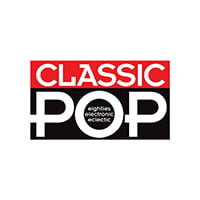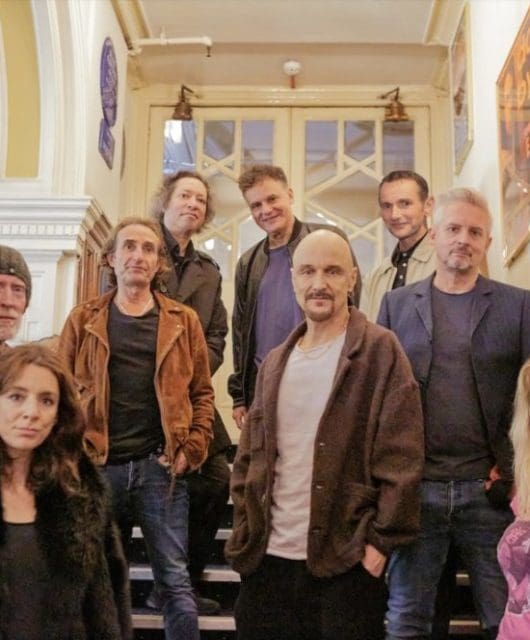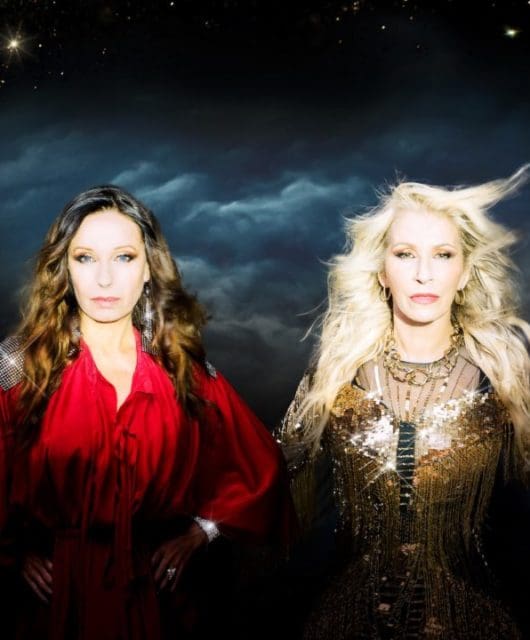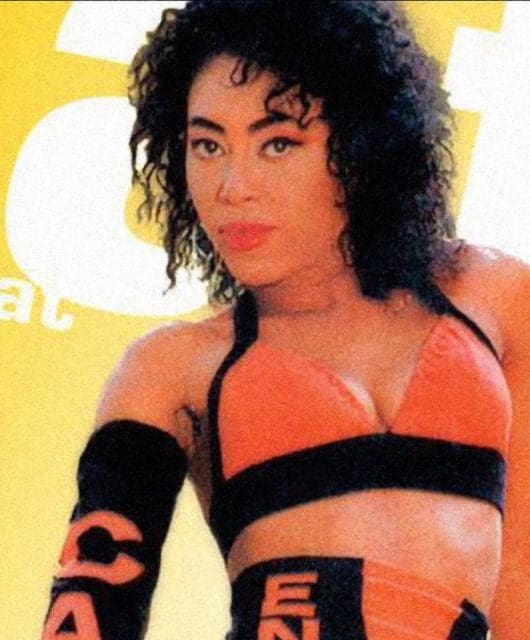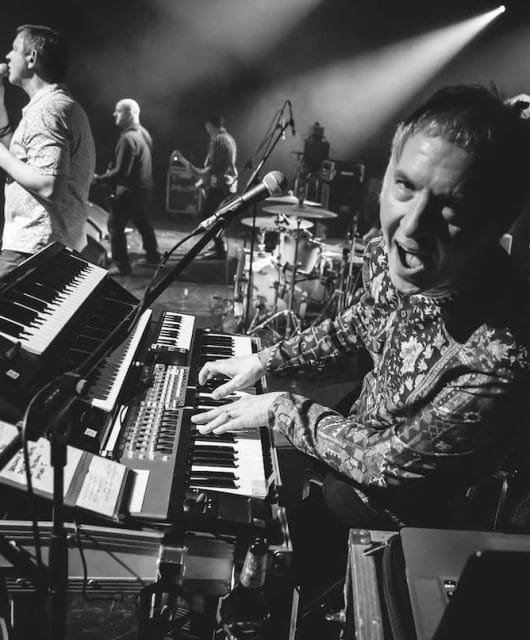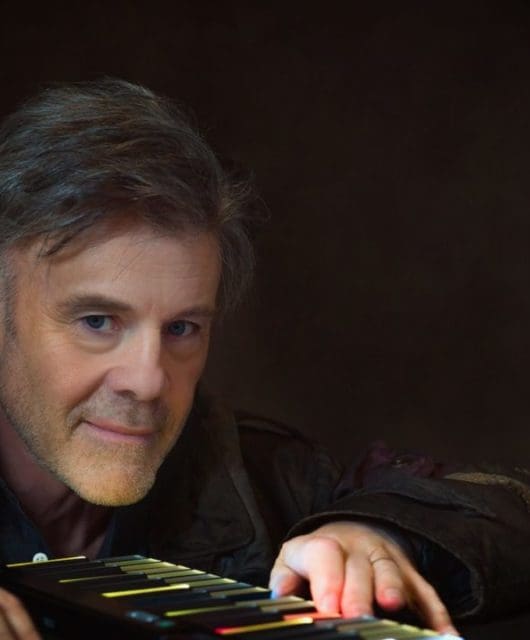Q+A: Ian Broudie
By Classic Pop | February 28, 2020
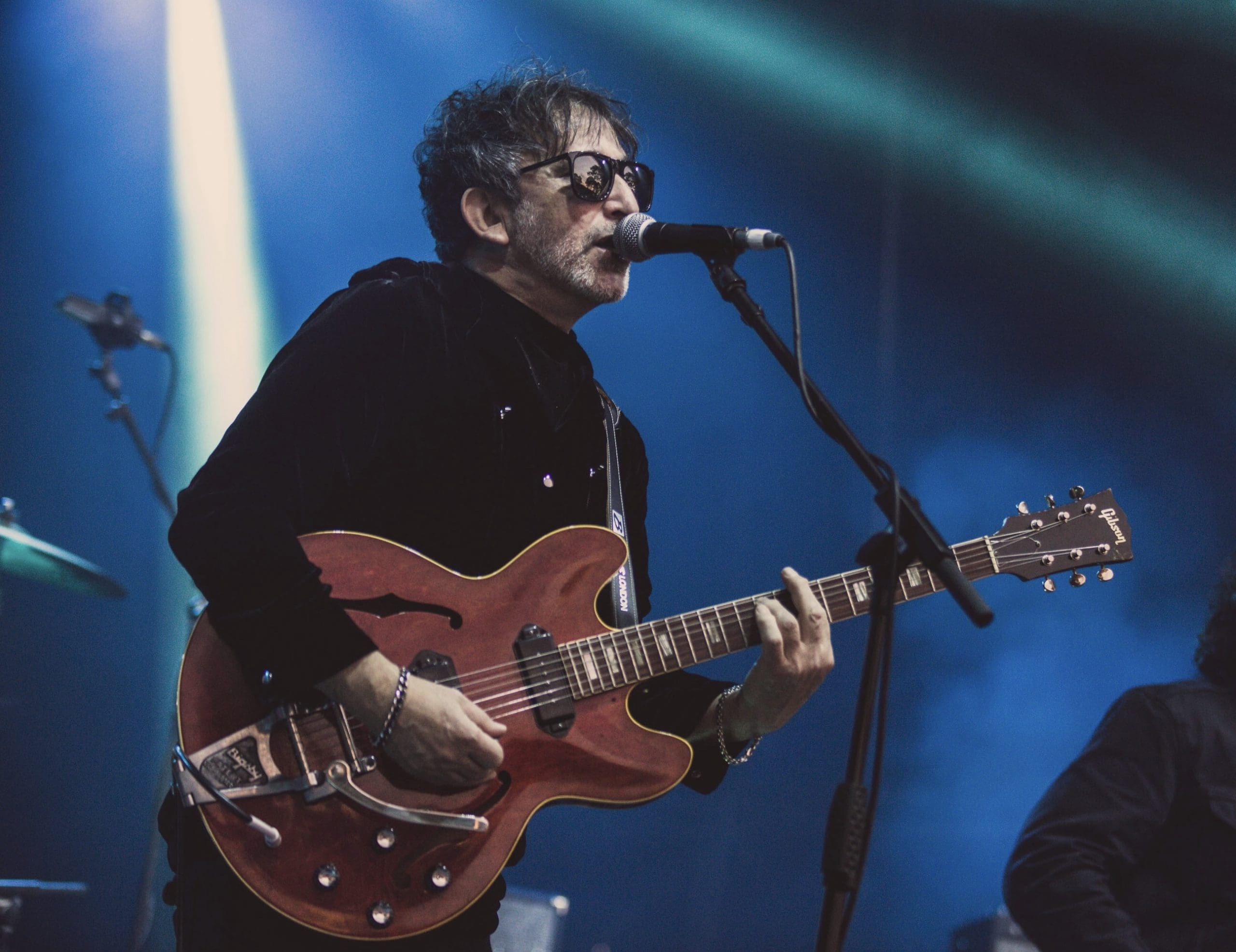
Jollification, the third album by the Lightning Seeds, was released in September 1994 and spawned such indie disco essentials as Lucky You, Marvellous and Perfect. Here Ian Broudie, who manned the mixing desk for classic records by Echo & The Bunnymen and The Fall before becoming a pop legend in his own right, looks back with Classic Pop…
Jollification turns 30 in 2024. How does that feel?
It’s a bit shocking. But what I love is, I’ve been listening to the album – because we are going to be playing it live – and it does sound good. It still sound OK, so that’s a bit of a victory. It doesn’t sound of that time, the Britpop era never sounded like Jollification, I love that we are part of it, but not.
You’re regarded as an upbeat songwriter but there’s an air of melancholy behind many of the songs.
I think I write with the melody in mind first. I’m worried about writing things that are a bit moany so I find a way to counteract it with a bittersweet element. It’s not intended, but when I look back at them I see that. I wanted this to be a really positive record, hence the name.
There are a few interesting collaborators on there, too, including Terry Hall and Alison Moyet.
Terry is one of my closest friends and we had written tunes before. It was a natural thing. Around that period I produced his solo album so we were working together and ended up writing Lucky You. So that was great and he did backing vocals as well. At the time I’d produced a few tracks for Alison Moyet as well and we had a tune, My Best Day – I just felt it leant itself to a duet and she very kindly sang on it. It was just fortunate timing.
You did Feeling Lazy with Ian McNabb as well.
Yes, times have changed. Now everyone does co-writing but at the time groups were quite insular and one of the things that I really liked about being the only player in The Lightning Seeds was I could bring people in to write with me so I didn’t have to write a song with the bass player or one of the other members. It felt like there was a freedom to collaborate in any way that I wanted to. Jollification was more by accident than a clever plan, but it seems a lot of things I did on there are what people now do to make records. It was made at home, not in a studio, using loops and collaborating with people on it, which is what happens now. By accident, it was ahead of itself.
So many of the songs are now household hits but none actually made the Top 10…
It was strange because people think we are what used to be known as a ‘singles band’, but it was actually all about the album. The singles didn’t chart that high but people kept discovering the album and it hung around and gathered more and more momentum.
We’re obviously looking back, are you a nostalgic person?
I probably am. I struggle to throw things out. Actually, it was a big surprise to recently learn that [Oasis album] Definitely Maybe was released a month before mine [actually, it was a week – Pedantic Ed]. I don’t connect those two records being so close. I remember being asked what music I liked and saying, “This new band from Manchester called Oasis, but they haven’t got a record out yet.” I thought they came after me.
You were a reluctant frontman in many ways, like Bernard Sumner.
Yeah, Bernard Sumner was a bit of an inspiration for me when he took over from Ian Curtis and sang. My philosophy had always been, if you have a good idea, even if you don’t do it well, it’s still a good idea. I’ve sort of adopted that approach on vocals. Well, I’m not a great singer but if I sing something good it will be OK. Over the years I’ve become more comfortable in the role. It’s strange really when you talk about the singers I admire, it’s a different thing being a singer to an artist or writer. The Beatles and Dylan came along and turned things around, and then suddenly Brian Wilson made music more of an art form. Although there are a lot of singers I admire at the moment, things are turning back to those pre-Beatles and Dylan days slightly, with the reality TV shows. It’s a different type of talent. More showbiz than music.
The artwork to Jollification, with the digital strawberry, became iconic as well.
Yeah, it won an award. Now they can probably do it in 10 minutes on a computer but back then it took a long time. I found a letter from the designer suggesting an idea and me replying, “No, I’d like it to be a big strawberry.” In my head I had this image of the seeds being babies, if you look closely. I wanted it to be really positive – that was the remit – and the sleeve suited that. When it came to the photograph it turns out very few strawberries are the right shape or they’re weird with strange hairs coming out. So that’s when they said we can’t really photograph it, we are going to have to create one. It was quite a thing to get it but you’ll have to talk to Sony about how much it cost!
Your son Riley is actually in your band, what’s it like playing The Life Of Riley live together?
I love the people in the band at the moment so I’m led along by them. But there are certain songs where I get quite emotional when I sing them. There’s an extra thing to Riley being on stage – we definitely don’t make eye contact during that song.
